Snoring in dogs, much like in humans, can range from a soft, rhythmic murmur to a roof-raising cacophony. While all dogs can snore occasionally, certain breeds are more prone to regular, loud snoring due to their physical conformation, particularly those with shorter snouts or brachycephalic breeds. This article will explore the top 10 dog breeds that are known for their snoring. We’ll delve into the reasons behind their sonorous sleep, which often relates to their anatomy, such as narrowed nostrils, elongated soft palates, or obesity. Understanding these breeds’ tendency to snore is not just crucial for potential pet owners who prefer a quieter night, but also important for the health and well-being of the dogs themselves.
1. English Bulldog
English Bulldogs are perhaps the most notorious snorers in the dog world. Their distinctive flat face and compacted breathing system contribute to their loud snoring. The breed’s short nasal passages and the tendency for throat and breathing issues mean that air often has a turbulent passage, resulting in noisy vibrations (snoring). Additionally, English Bulldogs are prone to obesity, which can exacerbate snoring.
2. Pug
Pugs, with their squished faces and adorable wrinkles, are also prone to snoring. Their brachycephalic nature means they have shorter airways and a compacted nasal passage, making breathing more labored and noisy. The folds of skin around their face can also partially obstruct airways, leading to more pronounced snoring.
3. French Bulldog
Like their English counterparts, French Bulldogs often snore due to their short snouts and brachycephalic features. These dogs have constricted nostrils and elongated soft palates, which can cause them to snore quite loudly. Additionally, Frenchies are prone to allergies and respiratory issues, which can further contribute to their snoring.
4. Boxer
Boxers, another brachycephalic breed, are well-known for their snoring. Their short nose and flat face mean that their breathing is not as efficient as longer-nosed breeds, leading to loud snoring. Boxers also have a tendency to sleep in positions that can constrict their airways, such as on their backs, which can amplify their snoring.
5. Shih Tzu
The Shih Tzu’s snoring is often attributed to its short muzzle and overall facial structure. These small dogs have a brachycephalic skull, meaning they have a broad, short skull base, which can lead to breathing difficulties and, as a result, snoring. Their snoring can be exacerbated if they are overweight.
6. Bullmastiff
Bullmastiffs, while not as brachycephalic as some other breeds on this list, still have a relatively short snout and heavy jowls. These features can lead to snoring, as the loose skin around their face and neck can obstruct airways. Additionally, their large size can contribute to heavier breathing and louder snoring.
7. Boston Terrier
Boston Terriers, with their compact face and short nose, are prone to snoring. Their airways are often narrow, and they can have elongated soft palates, both of which contribute to the likelihood of snoring. They also tend to be quite expressive sleepers, changing positions frequently, which can sometimes result in noisier sleep.
8. Labrador Retriever
While not a brachycephalic breed, Labrador Retrievers can be prone to snoring, often due to their propensity for weight gain. Overweight Labs are more likely to snore because the extra weight puts pressure on the throat area, obstructing airways. Additionally, Labs with allergies or sinus issues may also snore.
9. Cocker Spaniel
Cocker Spaniels can be prone to snoring due to their breed-specific characteristics. They have relatively narrow airways and are prone to overweight, both contributing to snoring. Their long ears and heavy jowls can also partially obstruct their airways, especially in certain sleeping positions.
10. Saint Bernard
Saint Bernard are large, heavy dogs, and their size alone can make them prone to snoring. They tend to have loose, floppy skin around their face and neck, which can obstruct airways during sleep. Additionally, their large size means that when they lie down, their throat and breathing passages can become compressed, leading to snoring.

In conclusion, snoring in dogs is often related to breed-specific physical characteristics, with brachycephalic breeds being particularly prone due to their facial structure. While snoring in dogs can be a harmless trait, it’s important for owners to be aware of the potential health implications, especially in breeds predisposed to respiratory issues. Regular veterinary check-ups and maintaining a healthy weight can help manage and reduce snoring in these breeds. Ultimately, understanding and accommodating the snoring habits of these lovable breeds is a small adjustment to make for the joy and companionship they bring.
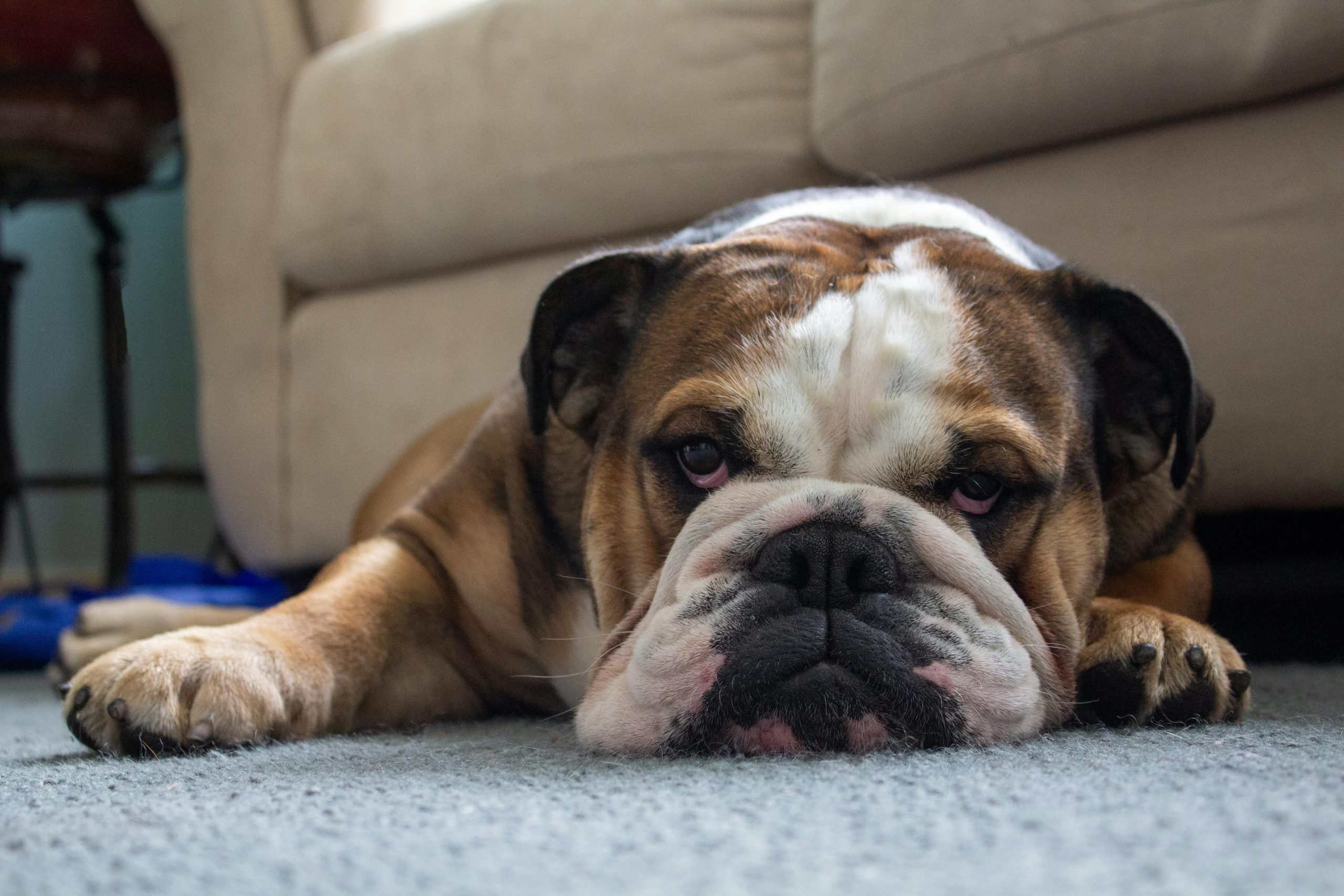
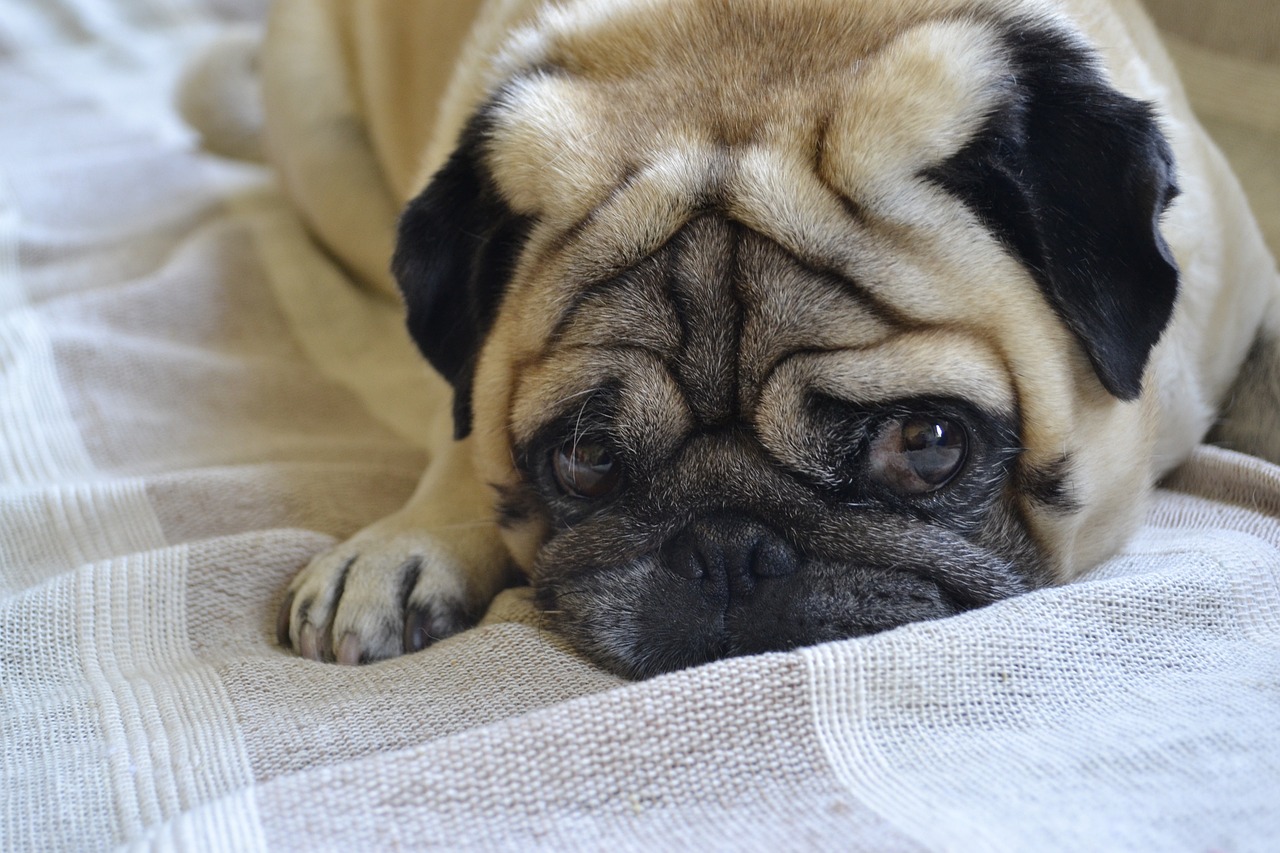
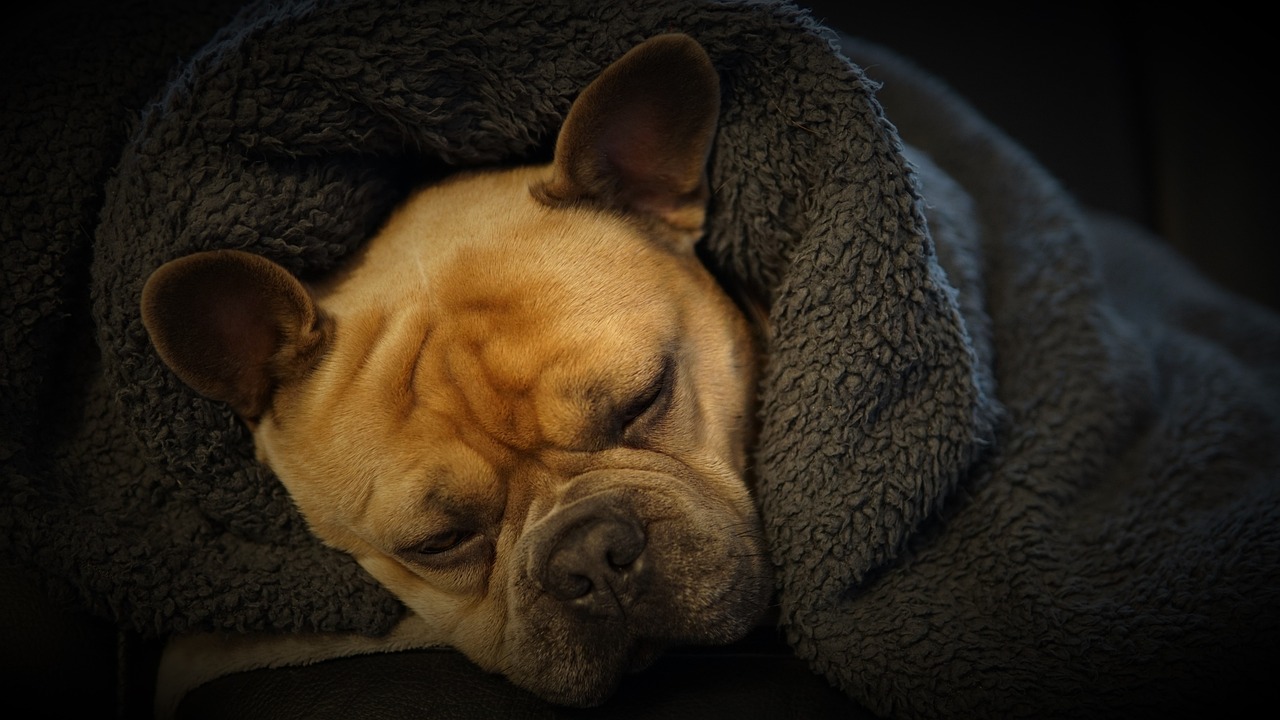
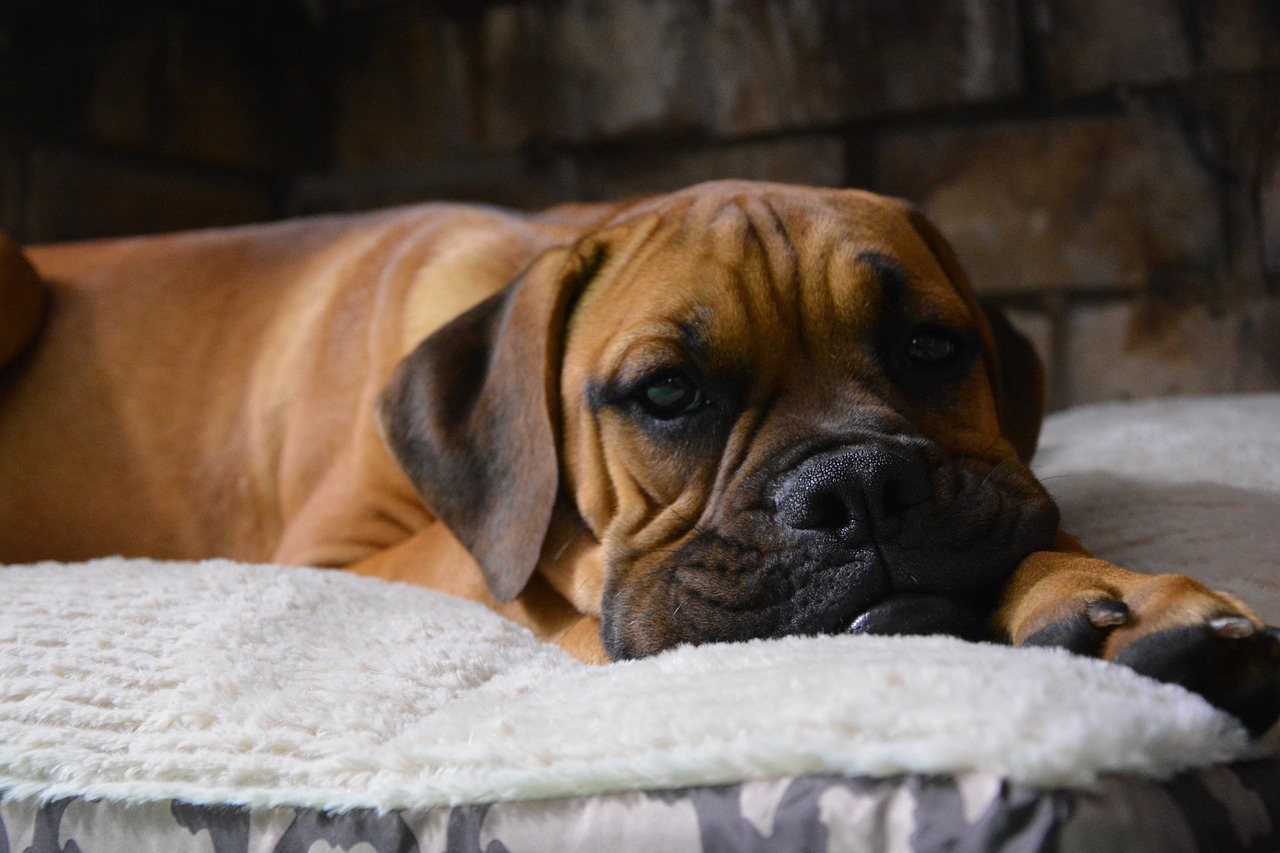

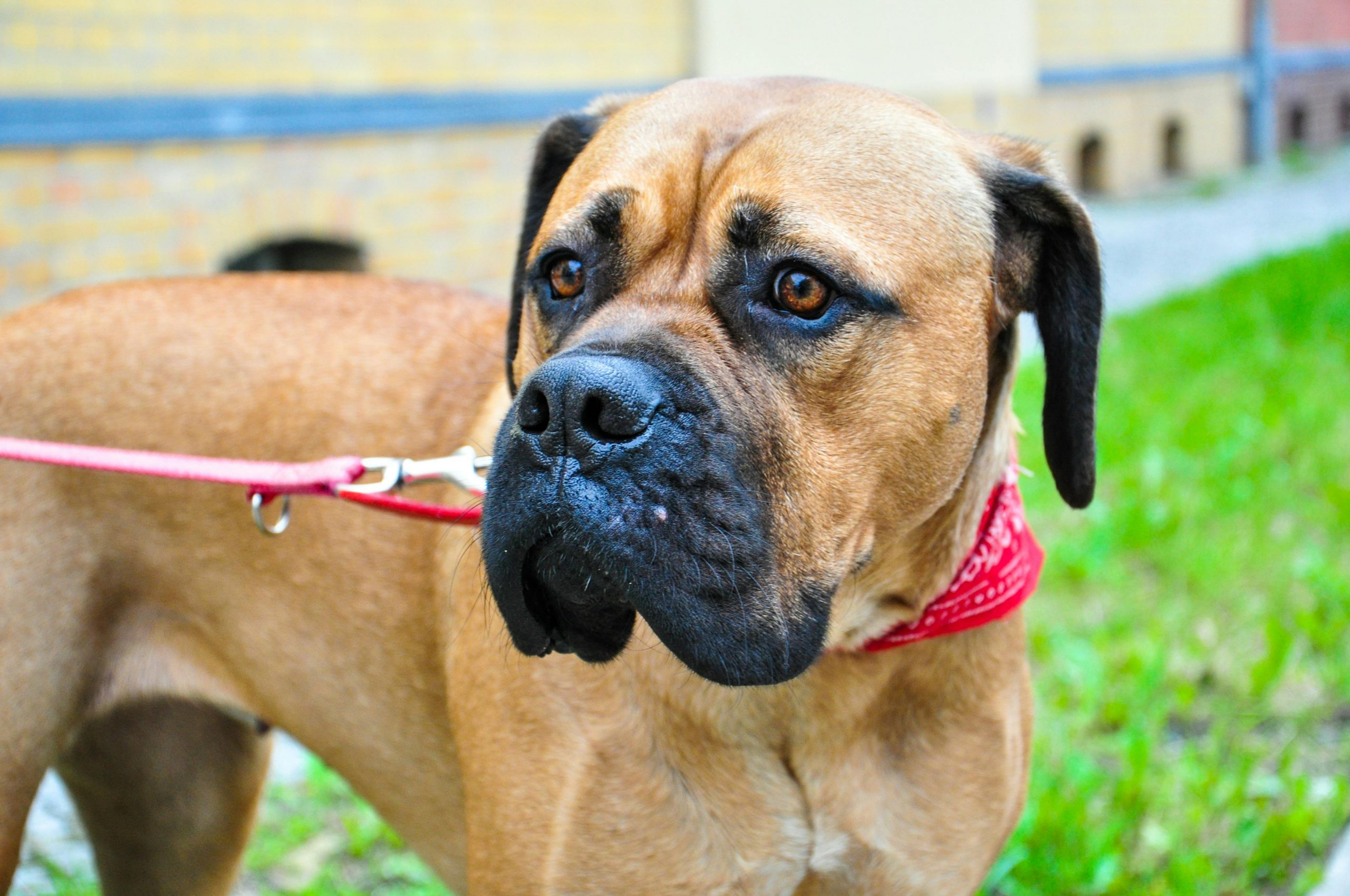

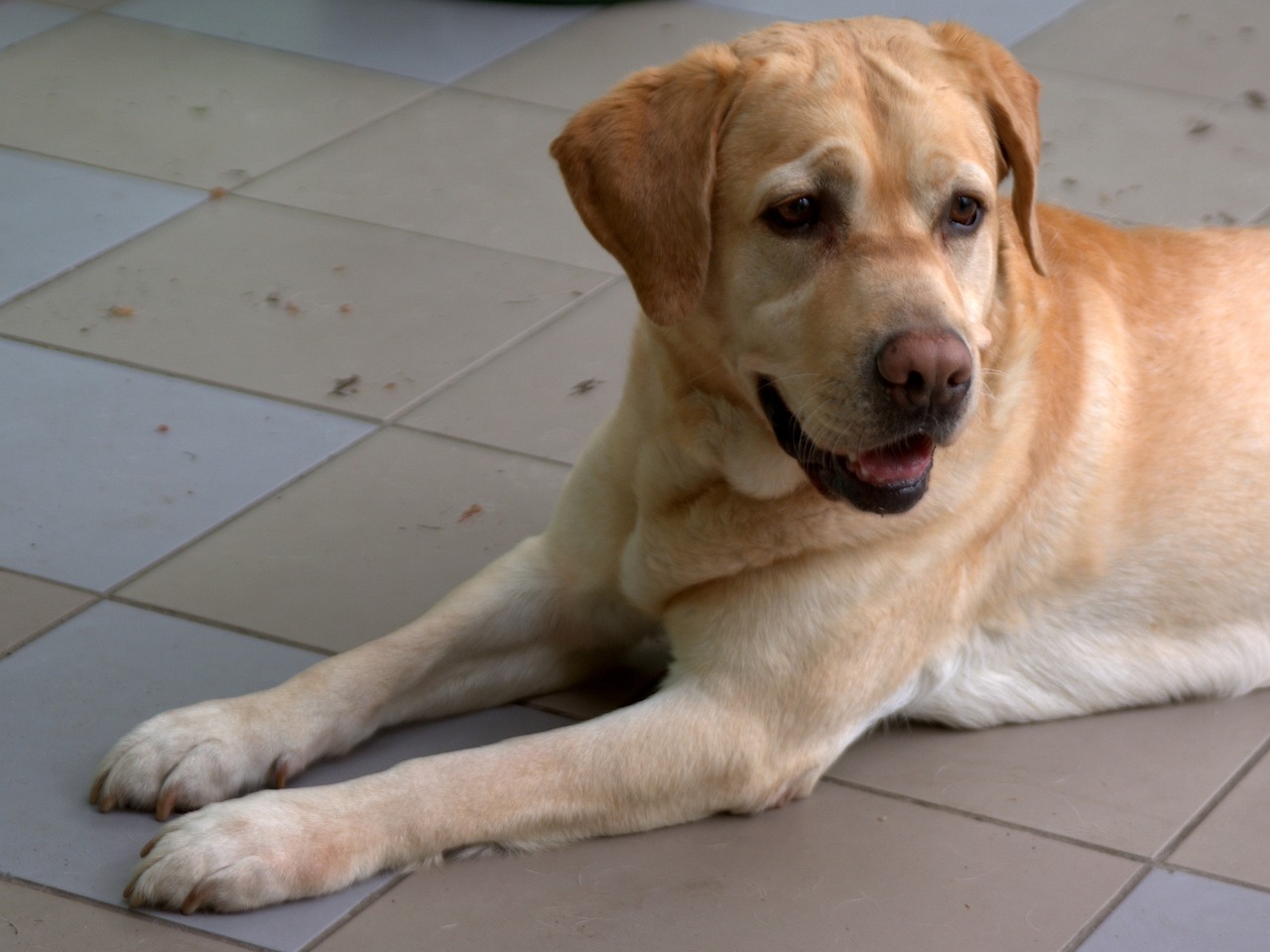
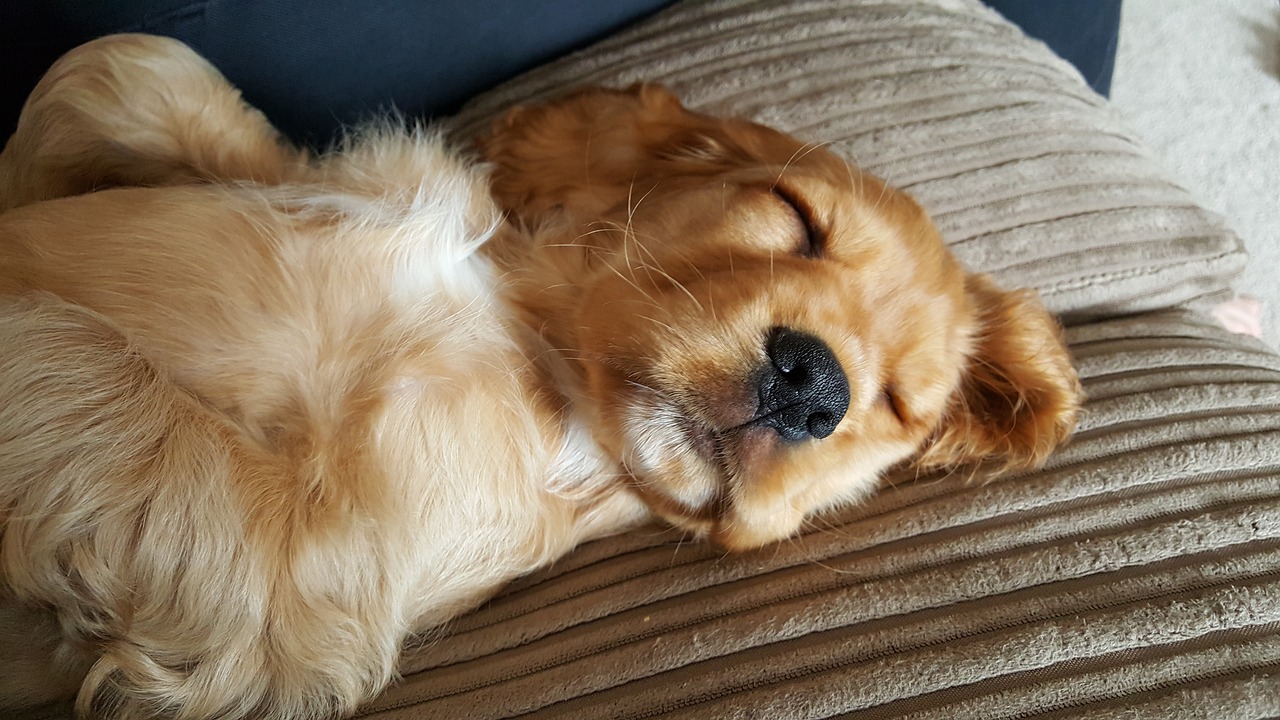
 Toledo, United States.
Toledo, United States.